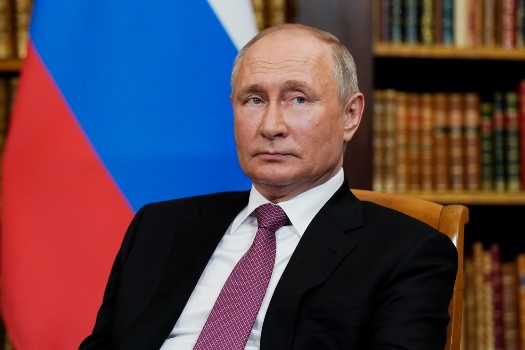The Swiss foreign ministry told AFP that it was aware of media reports about the issue and that it had sent the US embassy in the capital Berne a diplomatic note seeking "clarification".
The ministry also confirmed that Snowden was accredited as a diplomatic attache at the US permanent mission to the United Nations in Geneva from March 2007 to February 2009.
"The role of members of permanent missions in Geneva is to represent their country at international organisations based in Switzerland," the ministry said.
"In line with the Vienna Convention on diplomatic relations, Switzerland expects members of diplomatic missions in Berne and permanent missions in Geneva to respect the laws and rules of the country," it added.
Snowden, a 29-year-old technology expert and US government contractor, has turned whistleblower to reveal Washington's so-called PRISM programme.
The programme enables the National Security Agency to issue directives to Internet firms such as Google or Facebook to gain access to emails, online chats, pictures, files and videos uploaded by foreign users.
Snowden has said that it was in Geneva — where his diplomatic role was a cover for his work for the US intelligence agency, the CIA — that he first considered going public.
"Much of what I saw in Geneva really disillusioned me about how my government functions and what its impact is in the world," he told the British newspaper The Guardian.
"I realised that I was part of something that was doing far more harm than good," he added.
Snowden claimed there was an operation in which an agent made friends with a banker, got him drunk so he was stopped for driving while intoxicated, and then helped him escape legal action.
In exchange, the man allegedly spied on Swiss banks to garner data for US tax authorities on money stashed abroad by Americans.
Speculation is raging in Switzerland's media over the banker's identity, amid a debate over a take-it-or-leave-it deal proposed by Washington to fine Swiss banks that allegedly abetted such tax evasion.
Discharged from the army after an accident in 2003 just before he could deploy to Iraq, Snowden worked at the National Security Agency for various outside contractors, including Dell and Booz Allen Hamilton.
US
Bern seeks US response over alleged bank spying
The Swiss government on Tuesday revealed that it has asked the United States to explain an alleged CIA blackmail operation to spy on Switzerland's banks, exposed by whistleblower Edward Snowden.
Published: 11 June 2013 15:58 CEST

Edward Snowden. Photo: AFP/The Guardian
Url copied to clipboard!


 Please whitelist us to continue reading.
Please whitelist us to continue reading.
Member comments